CBS TV Shows
1438 shows • Page 57 of 72
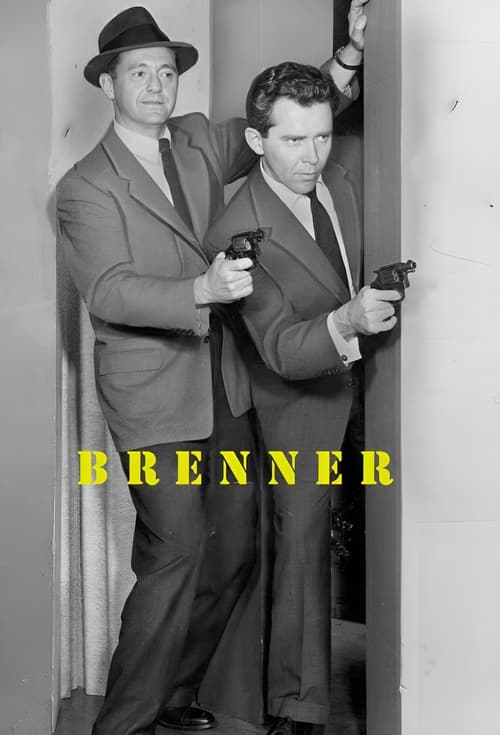
Brenner
 0
0Peck's Bad Girl
Peck's Bad Girl is an American sitcom that aired on CBS from May 5 to August 4, 1959. The series centers on the misadventures of 12 year-old Torey Peck, played by Patty McCormack.
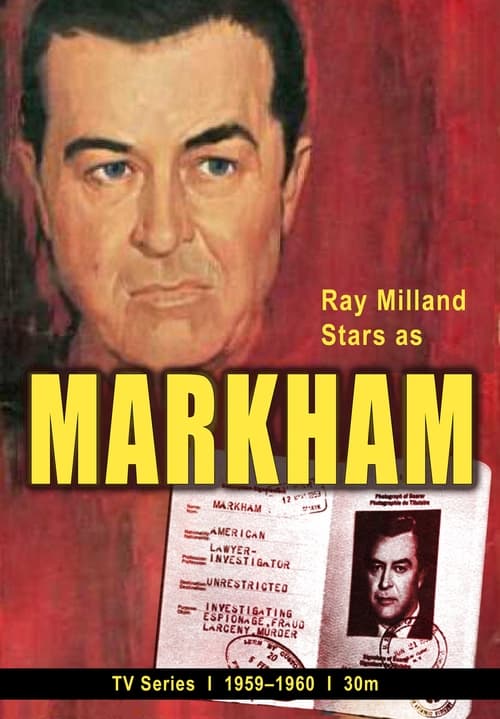
Markham
Markham is a CBS drama television series starring Ray Milland, which aired during the 1958-1959 and 1959-1960 seasons following Gunsmoke on Saturday nights, under the sponsorship of the Joseph Schlitz Brewing Company. Milland played private investigator and attorney Roy Markham. In that Markham had been a successful lawyer, he had the leisure to take detective cases based on his own interest. His fees could vary from the very considerable to his wealthier and corporate clients to nothing for those who desperately needed his services but had few financial means. Markham's cases could take him almost anywhere in the world, although he was based in New York City. In the early episodes of this program, Markham had an assistant, John Riggs, but the Riggs character was written out after only a few programs had aired, leaving Markham to solve crimes solo. Dayton Lummis appeared as Howard Fulton in the 1959 episode entitled "The Father". Elen Willard made her acting debut as Deidre Waugh in the 1960 segment "The Bad Spell". Prior to Markham, Milland played the lead role from 1953-1954 in a CBS sitcom, Meet Mr. McNutley, the story of a college professor at fictitious Lynnhaven College, an all-girls institution. For the second season, 1954–1955, the program was renamed The Ray Milland Show.
 0
0Dancing Storybook
 0
0Lincoln Presents: Leonard Bernstein and the New York Philharmonic
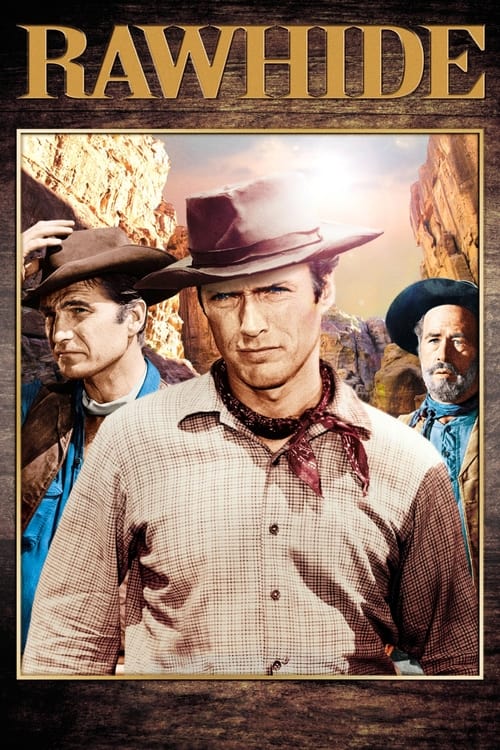
Rawhide
The tale of trail boss Gil Favor and his trusty foreman Rowdy Yates as they drives cattle across the old west. Along the way they meet up with adventure and drama.
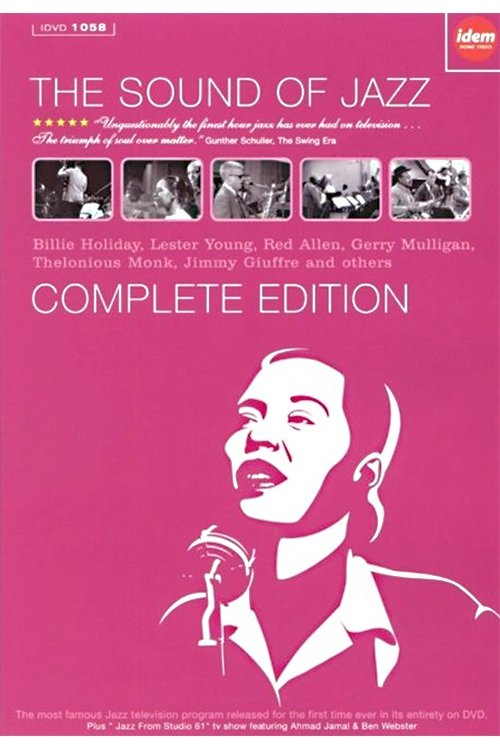 0
0The Sound of Jazz
"The Sound of Jazz" is a 1957 edition of the CBS television series Seven Lively Arts, and was one of the first major programs featuring jazz to air on American network television.
 0
0Pursuit
Pursuit is an American television anthology drama series which aired on CBS from October 1958 to January 1959.

Small World
Presents a filmed, intercontinental conversation that links moderator Edward R. Murrow in New York with three internationally known figures located in different parts of the world. What set this apart from other televised interview/discussion programs was the fact that its participants could not see each other but could hear one another via telephone lines and radio.
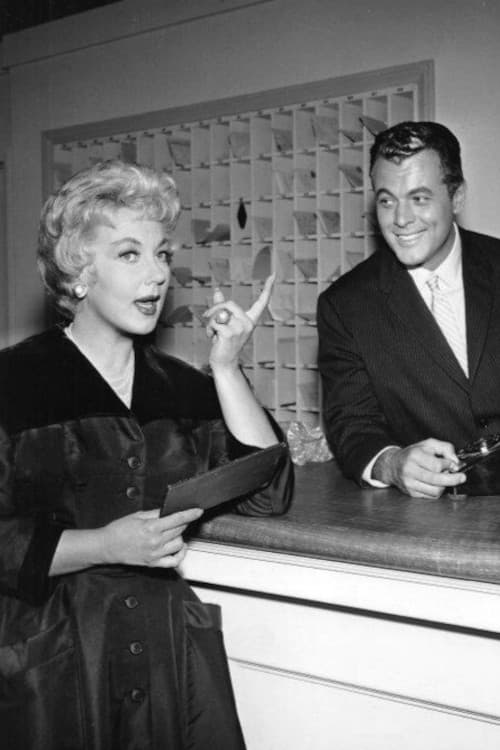
The Ann Sothern Show
The Ann Sothern Show is an American sitcom starring Ann Sothern that aired on CBS for 93 episodes. The series began on October 6, 1958, and ended on September 25, 1961. The Ann Sothern Show was Sothern's second sitcom for CBS. Her first series, Private Secretary, ended in 1957 after a contract dispute occurred between Sothern and Secretary's producer Jack Chertok. Several of Private Secretary's cast members appeared in the show.

Westinghouse Desilu Playhouse
Westinghouse Desilu Playhouse is an American television anthology series produced by Desilu Productions. The show ran on CBS television between 1958 and 1960. Two of its 48 episodes served as pilots for the 1950s television series The Twilight Zone and The Untouchables.
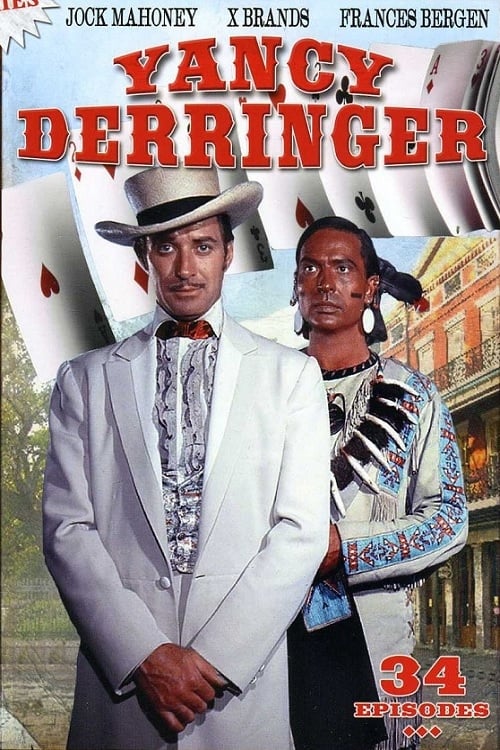
Yancy Derringer
Yancy Derringer is an American Western series

The Garry Moore Show
The Garry Moore Show is the name for several separate American variety series on the CBS television network in the 1950s and 1960s. Hosted by experienced radio performer, Garry Moore, the series helped launch the careers of many comedic talents, such as Dorothy Loudon, Don Adams, George Gobel, Carol Burnett, Don Knotts, Lee Goodman, James Kirkwood, Jr. and Jonathan Winters. The Garry Moore Show garnered a number of Emmy nominations and wins.
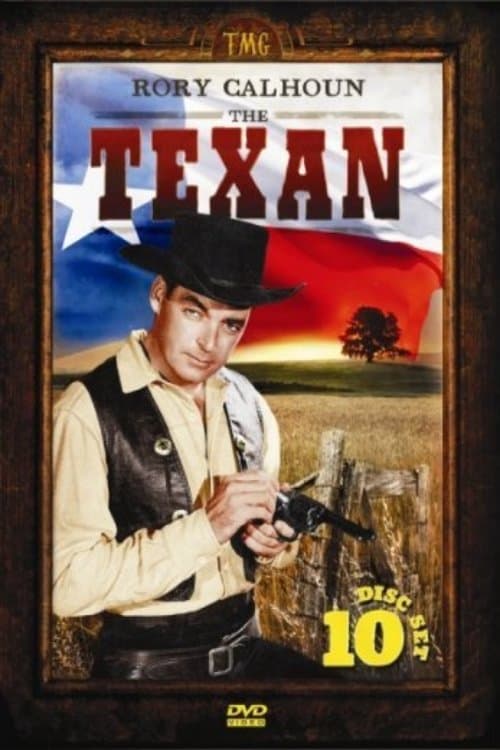
The Texan
The Texan was a Western television series starring popular B movie actor Rory Calhoun, which aired on the CBS television network from 1958 to 1960.
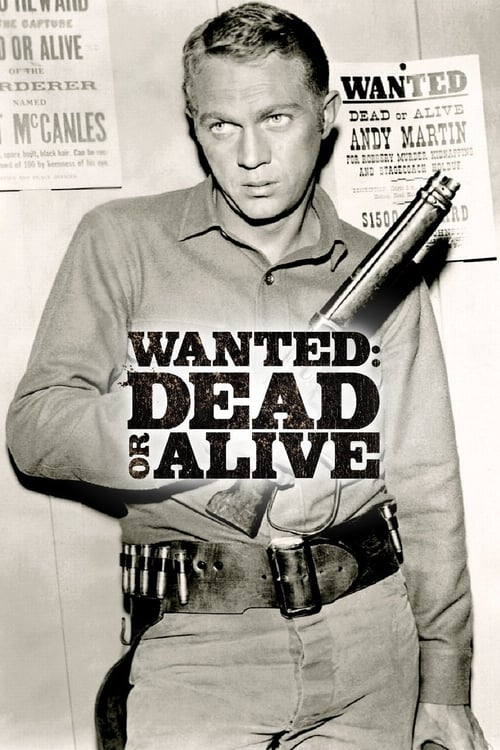
Wanted: Dead or Alive
Wanted: Dead or Alive is an American Western television series starring Steve McQueen as the bounty hunter Josh Randall. It aired on CBS for three seasons from 1958–61. The black-and-white program was a spin-off of a March 1958 episode of Trackdown, a 1957–59 western series starring Robert Culp. Both series were produced by Four Star Television in association with CBS Television. The series launched McQueen into becoming the first television star to cross over into comparable status on the big screen.

Frontier Justice
Frontier Justice is a CBS television Western anthology series which had thirty-one telecasts over the summers of 1958, 1959, and 1961. It was a repackaging of episodes from CBS's Dick Powell's Zane Grey Theater, and was hosted by Lew Ayres, Melvyn Douglas, and Ralph Bellamy, one each summer. The program was a production of Four Star Television. Starring in various episodes were Eddie Albert, Phyllis Avery, Russ Conway, John Derek, William Fawcett, Dean Jagger, David Janssen, Ida Lupino, Strother Martin, Jack Palance, John Payne, Judson Pratt, Denver Pyle, Robert Ryan, Stuart Whitman, and James Whitmore, among others. The half-hour, black-and-white program, a summer-replacement series, debuted on Monday, July 7, 1958, and ended its run on Thursday, September 28, 1961. It was produced by Four Star Television, co-owned by Dick Powell, David Niven, Charles Boyer, and Ida Lupino.
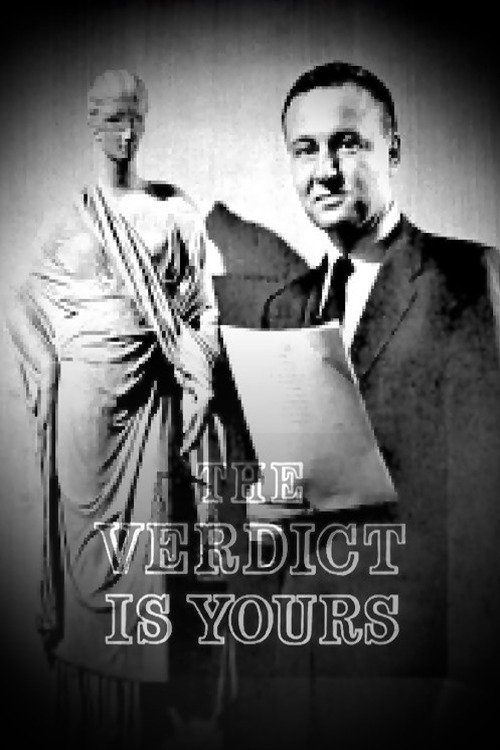 0
0The Verdict Is Yours
'The Verdict Is Yours' premiered on September 2, 1957, in the CBS Daytime lineup. Unscripted, the show featured real lawyers playing the lawyers and judge. The defendants and witnesses on the program were professional actors who ad-libbed their dialogue, although they were given a general outline of what they were supposed to say. Sportscaster Jim McKay was the original reporter, providing commentary on the trials. He was succeeded in 1960 by newsman Bill Stout.
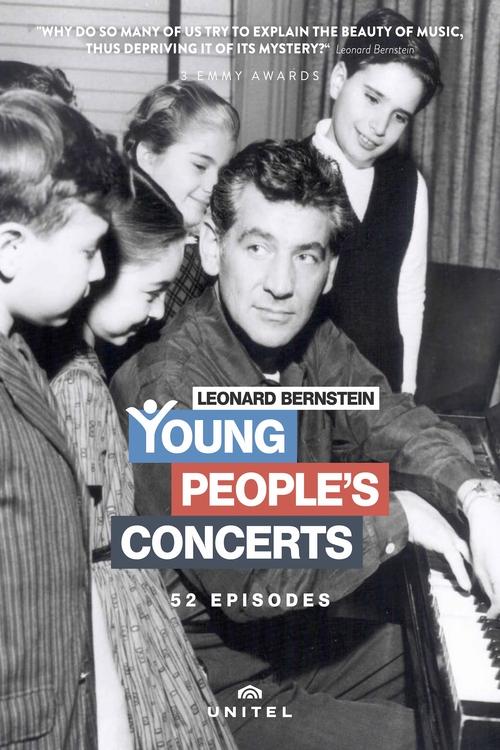 0
0New York Philharmonic Young People's Concerts
From 1958 through 1973, renowned conductor and composer Leonard Bernstein and the New York Philharmonic Orchestra thrilled audiences with wonderful concert experiences presented in a sparkling music-with-commentary format: the Young People's Concerts.

Mickey Spillane's Mike Hammer
Mickey Spillane's Mike Hammer is the title used for two syndicated television series that followed the adventures of fictional private detective Mike Hammer. The gritty, crime fighting detective—created by American crime author Mickey Spillane—has also inspired several feature films and made-for-TV movies.
 0
0Dotto
Dotto is an American television quiz show which aired on CBS from January 6 to August 15, 1958 and was hosted by Jack Narz. Although it quickly became the highest-rated daytime game show on television, its end came when it became the unexpected first casualty – and ignition – of the quiz show scandals that rocked American broadcasting as the 1950s closed.
